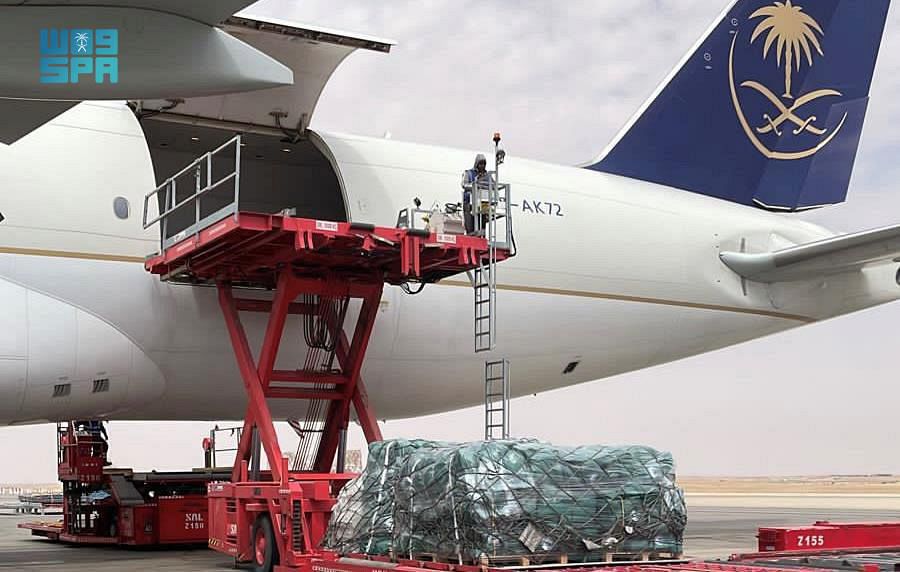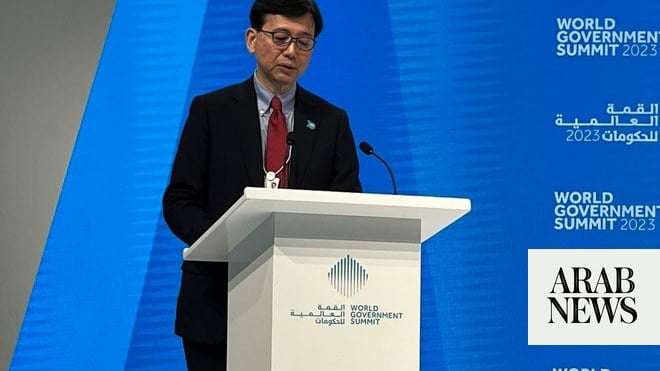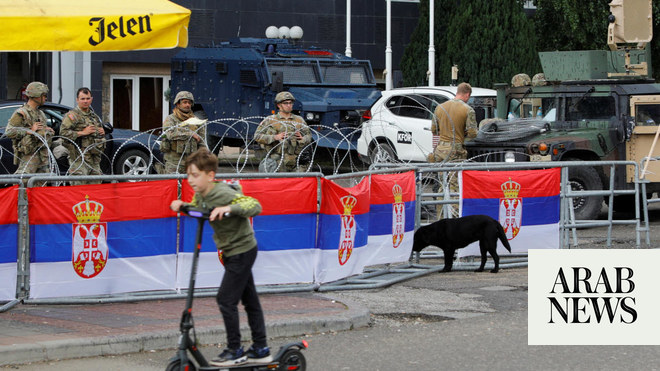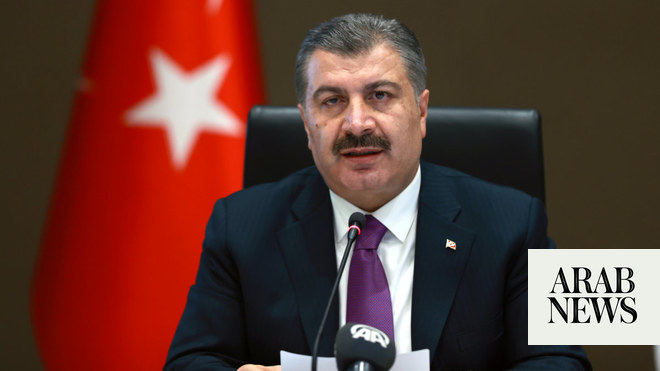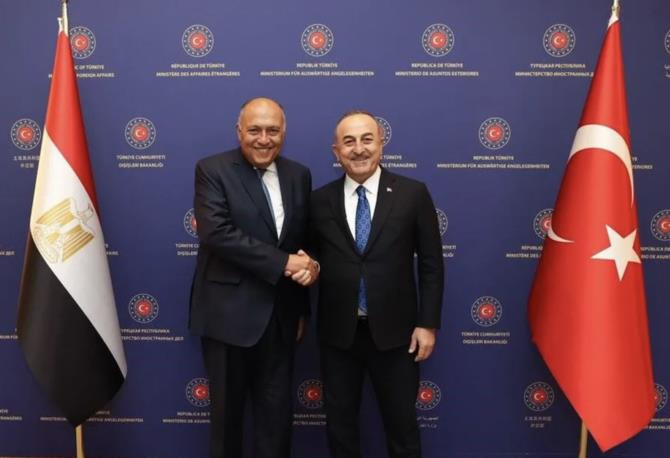
Turkiye and Egypt have been at loggerheads for a prolonged period. It started with Turkish President Recep Tayyip Erdogan’s harsh rhetoric against the rise to power of Abdel Fattah El-Sisi. Erdogan was opposed to his government, mainly because it had succeeded a regime that relied on the Muslim Brotherhood movement that he had supported and that he still supports.
However, time moves fast in the Middle East. Old coalitions collapsed and new coalitions were formed. Those behind the Abraham Accords wanted them to reshape the Middle East. Now, China is mediating between Saudi Arabia and Iran.
At a time when Turkiye was isolated in the region, El-Sisi extended a warm handshake to Erdogan and a new dynamic was unleashed between Turkiye and Egypt. The recent earthquake diplomacy also helped these two heavyweights of the Middle East thaw their frozen relations.
The foreign ministers of the two countries have paid visits to each other’s capitals and the relations have started to move. Turkish Foreign Minister Mevlut Cavusoglu has an innate capacity to easily establish friendships. It is thanks to this conciliatory skill that he was able to serve as president of the Parliamentary Assembly of the Council of Europe between 2010 and 2012. He is now using this talent to restore Turkish-Egyptian relations.
However, there are two major issues between Ankara and Cairo regarding Libya.
One of them is the memorandum of understanding signed between Turkiye and Libya regarding the demarcation of their maritime jurisdiction areas. Ankara signed this memorandum with the then-legitimate government of Libya. However, it was not ratified by the parliament.
This question has become more complicated because of the emergence of two powerhouses in Libya. One is the government led by Abdul Hamid Dbeibeh that is supported by the Government of National Unity based in Tripoli. The Libyan Political Dialogue Forum appointed him to act as prime minister until the elections that were supposed to have been held on Dec. 24, 2021. However, for several reasons, these elections could not be held on the scheduled date. Dbeibeh claims that he still holds the title of prime minister and will continue to do so until elections are held and a successor is designated.
When Turkiye was isolated in the region, El-Sisi extended a warm handshake to Erdogan and a new dynamic was unleashed.
Yasar Yakis
The other contender is former Interior Minister Fathi Bashagha. He was selected as prime minister-designate and head of government by the Tobruk-based Libyan House of Representatives. Bashagha claims that, as Dbeibeh’s term as PM was limited to Dec. 21, 2021, he cannot occupy this post any longer.
The question of the demarcation of the Turkiye-Libya maritime jurisdiction areas also remains in abeyance. Libya’s Government of National Accord deposited the memorandum with the UN and the UN Secretariat on Oct. 1, 2020, registering it in accordance with Article 102 of the UN Charter. Five countries protested this action and sent a note verbale to the UN Secretariat calling for the memorandum not to be registered, but this protest was not considered by the organization.
The Turkiye-Libya memorandum is important because it cuts off the connection between the Greek and Egyptian maritime jurisdiction zones. If there is a will, this question may be solved with the cooperation of four countries, namely Turkiye, Egypt, Greece and Libya, or it may be referred to the arbitration of the International Court of Justice.
The second major issue between Turkiye and Egypt is the ongoing political and military instability in Libya. However, this question may now become a vehicle for cooperation.
Ankara and Cairo seem to be eager to cooperate in order to stabilize Libya. Turkiye’s deep involvement in Libya had disturbed Cairo in the recent past, because it is Libya’s neighbor. They have a common border of 1,115 km. Several tribes span the border. Libya has been in dire need of political conciliation. Turkiye and Egypt do not have contradictory interests in Libya, which is an oil-rich country that also whets the appetite of several third countries. Ottoman Turkiye had a long-held presence in Libya. Many politically influential Libyan leaders have Turkish origins and also have relatives in Turkiye. This may facilitate Turkish-Egyptian cooperation if they remain sensitive and protect each other’s priorities.
All sorts of political, religious, tribal and regional rivalries coexist in Libya. The warlord Field Marshal Khalifa Haftar controlled vast swaths of the country, but the military support provided by Turkiye to the Government of National Accord saved Tripoli from a possible collapse. The rivalry is mainly focused on controlling oil revenues.
The Middle East has become tired of conflicts. There are all types of seeds of conflict in the region. While the Yemeni tribes are on their way to reaching a compromise, an internecine war erupts in Sudan.
In Libya, there is enough money to make every single resident happy, including foreigners, but human avarice has no limits.
Yasar Yakis is a former foreign minister of Turkiye and founding member of the ruling AK Party. Twitter: @yakis_yasar









